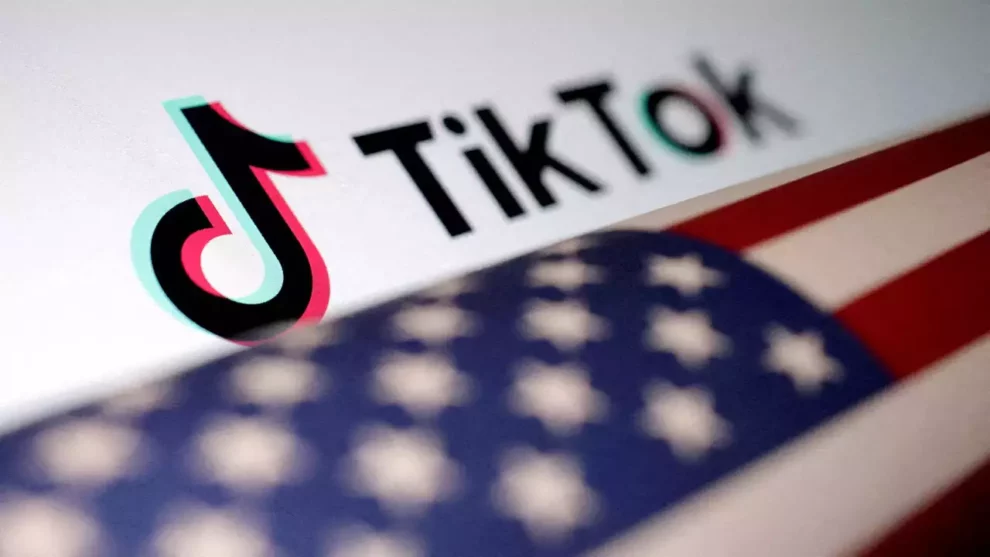A pivotal moment approaches for millions of TikTok users across the United States as the popular social media platform faces an imminent ban following congressional action targeting apps tied to foreign adversaries. With ByteDance, TikTok’s Chinese parent company, facing a January 19 deadline to find an American buyer or cease operations, users are scrambling to preserve their digital content before the platform potentially goes dark.
The situation gained additional urgency following Friday’s Supreme Court hearing, where TikTok’s legal team warned that the platform could “essentially stop operating” in the United States if the court upholds the law. Legal experts, including Bloomberg Intelligence litigation analyst Matthew Schettenhelm, predict the court will likely deny TikTok’s request for a stay and ultimately uphold the ban.
Amid this uncertainty, several options have emerged for users seeking to preserve their content. Triller, a media and marketing company previously positioned as a TikTok competitor, has launched a backup service promising to transfer users’ entire TikTok libraries to their platform. However, the process isn’t as straightforward as advertised. Users must navigate through multiple steps, including connecting their TikTok account, waiting for an email confirmation of the download completion, creating a Triller account, and following specific upload instructions.
For those hesitant to share their data with another social media platform, TikTok’s native features offer a more direct, albeit more time-consuming, approach to content preservation. The platform allows users to download videos individually through the share menu’s “Save video” option, though this functionality may be restricted if the original content creator has disabled video saving. Additionally, users can automatically save their own content while posting by enabling the “save to device” option in the post screen’s advanced settings.
TikTok also provides a comprehensive solution through its data download feature, accessible through the profile settings menu. This option allows users to request and download a complete copy of their profile data, ensuring no content is left behind should the platform become inaccessible.
The potential TikTok ban stems from legislation passed last year aimed at limiting the influence of social media applications connected to countries designated as foreign adversaries by the United States. The law specifically targeted ByteDance, giving the company until January 19 to either sell its US operations or face a nationwide ban.
The situation has created unprecedented urgency for content creators and casual users alike, many of whom have built substantial followings and invested significant time in creating content on the platform. The looming deadline has sparked a rush to archive years of videos, memories, and creative work that could otherwise be lost if the platform suddenly becomes inaccessible.
This development marks a significant moment in the ongoing tension between national security concerns and social media platforms with foreign ownership. The potential ban reflects growing apprehension about data privacy and foreign influence in American social media consumption, while simultaneously highlighting the deep integration of these platforms into users’ daily lives and creative expressions.
As the January 19 deadline approaches, users are advised to act quickly in backing up their content, regardless of their chosen method. The situation serves as a reminder of the ephemeral nature of social media platforms and the importance of maintaining personal copies of digital content, especially when geopolitical factors could affect platform accessibility.
















Add Comment